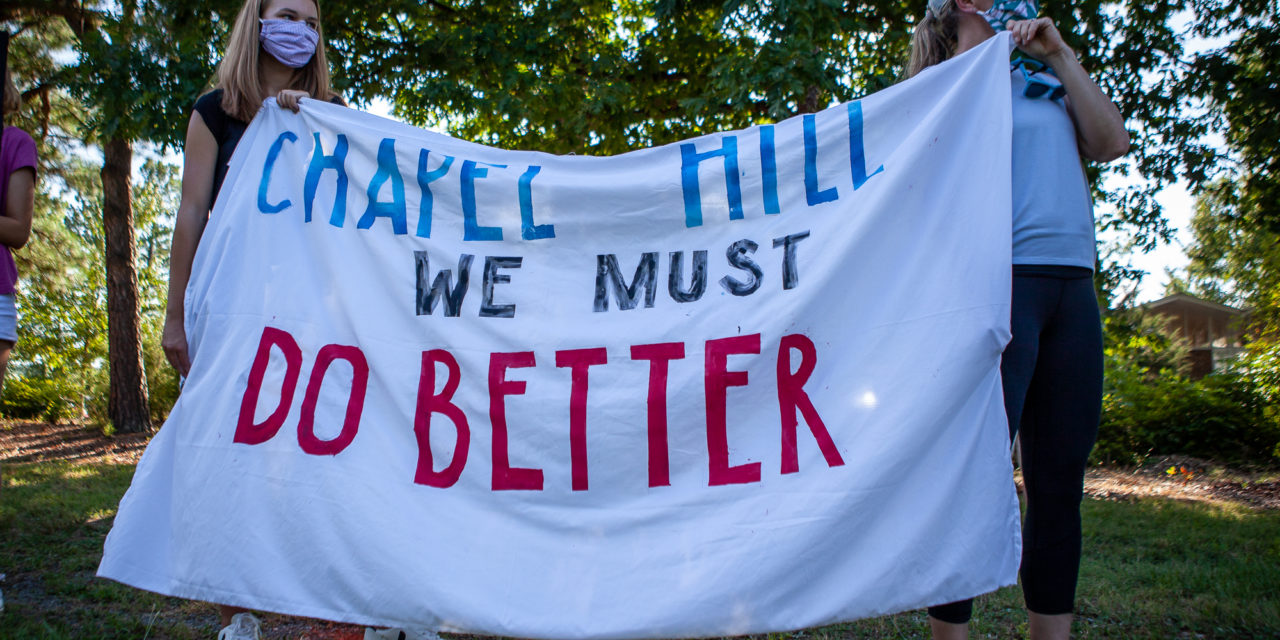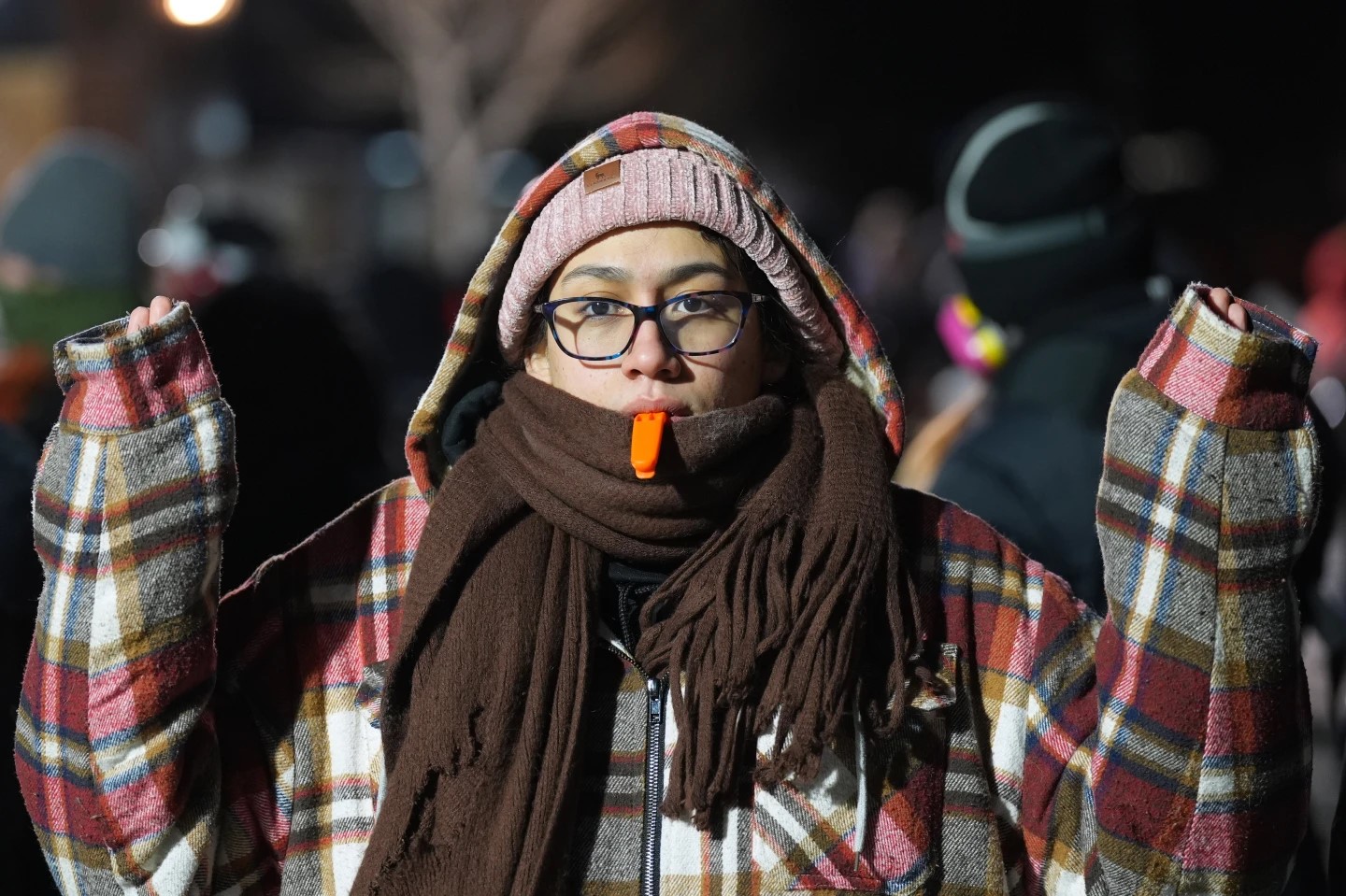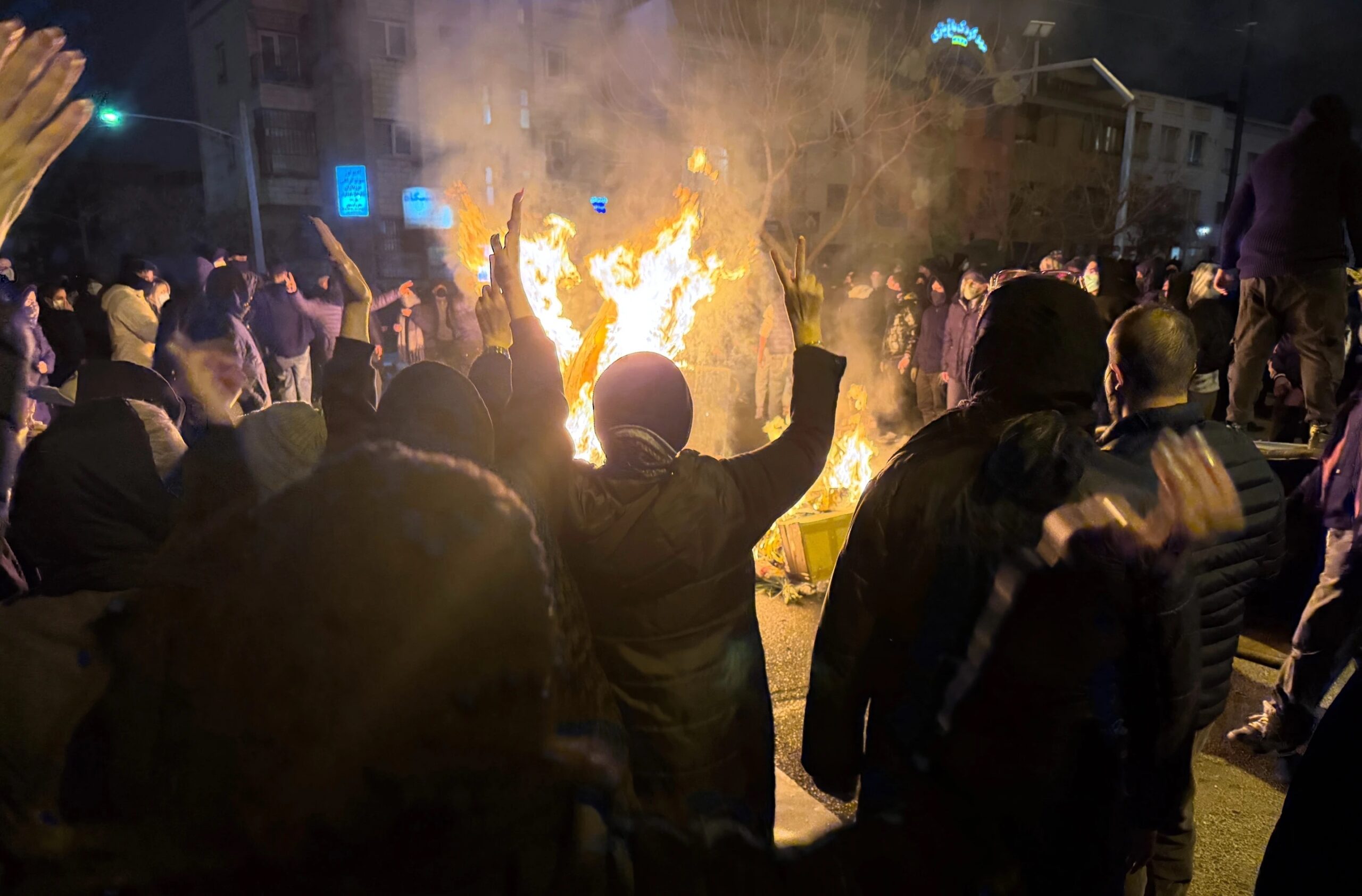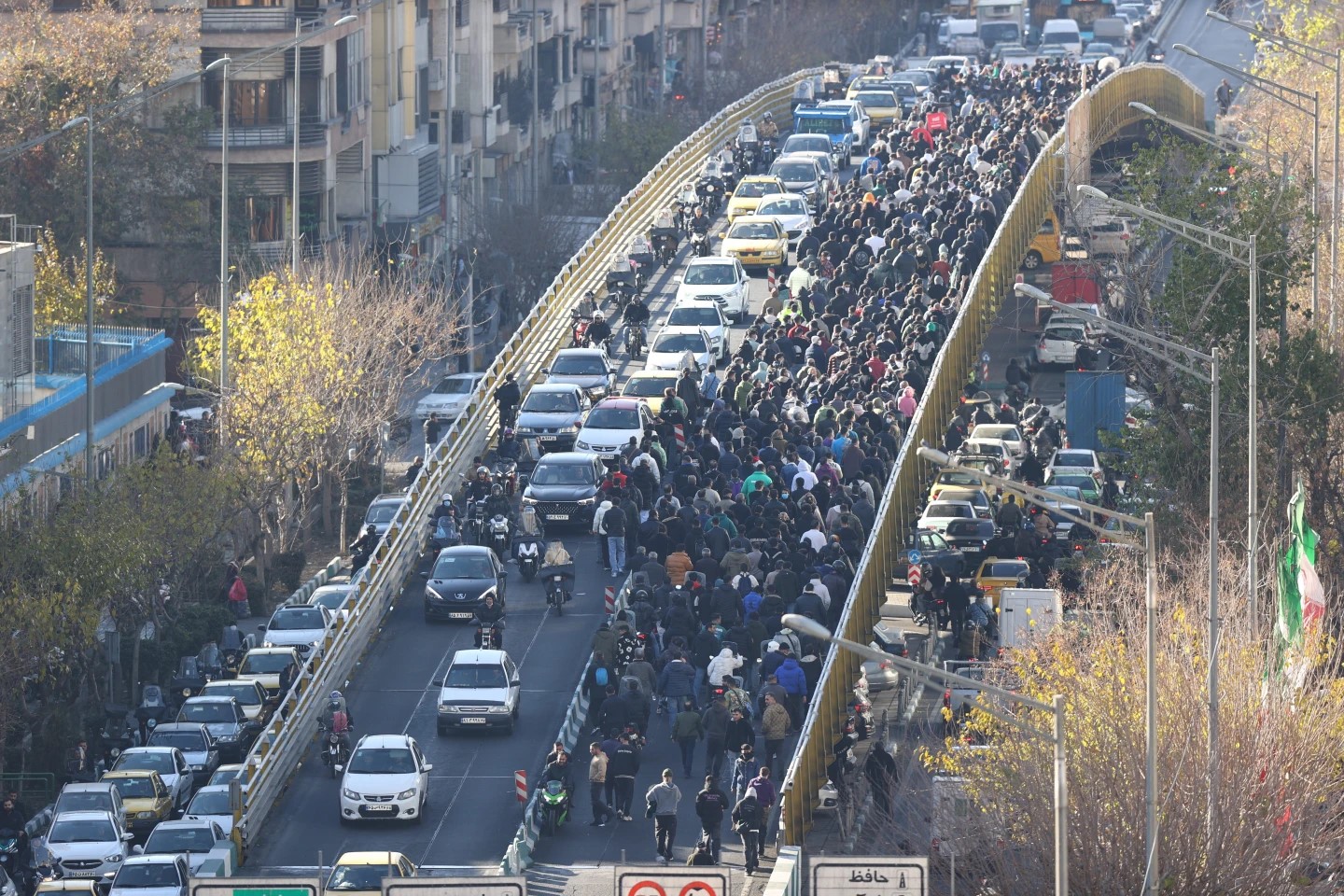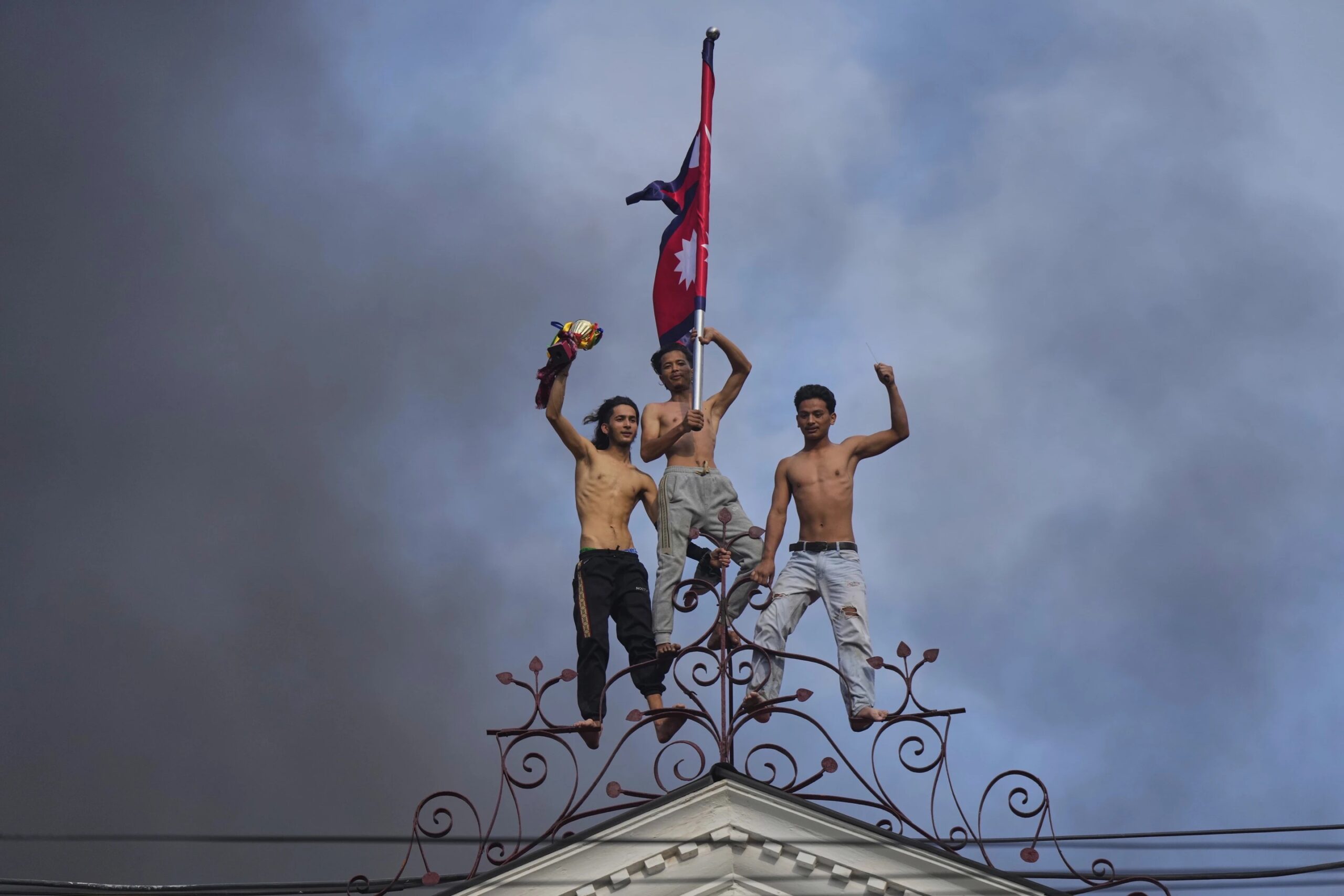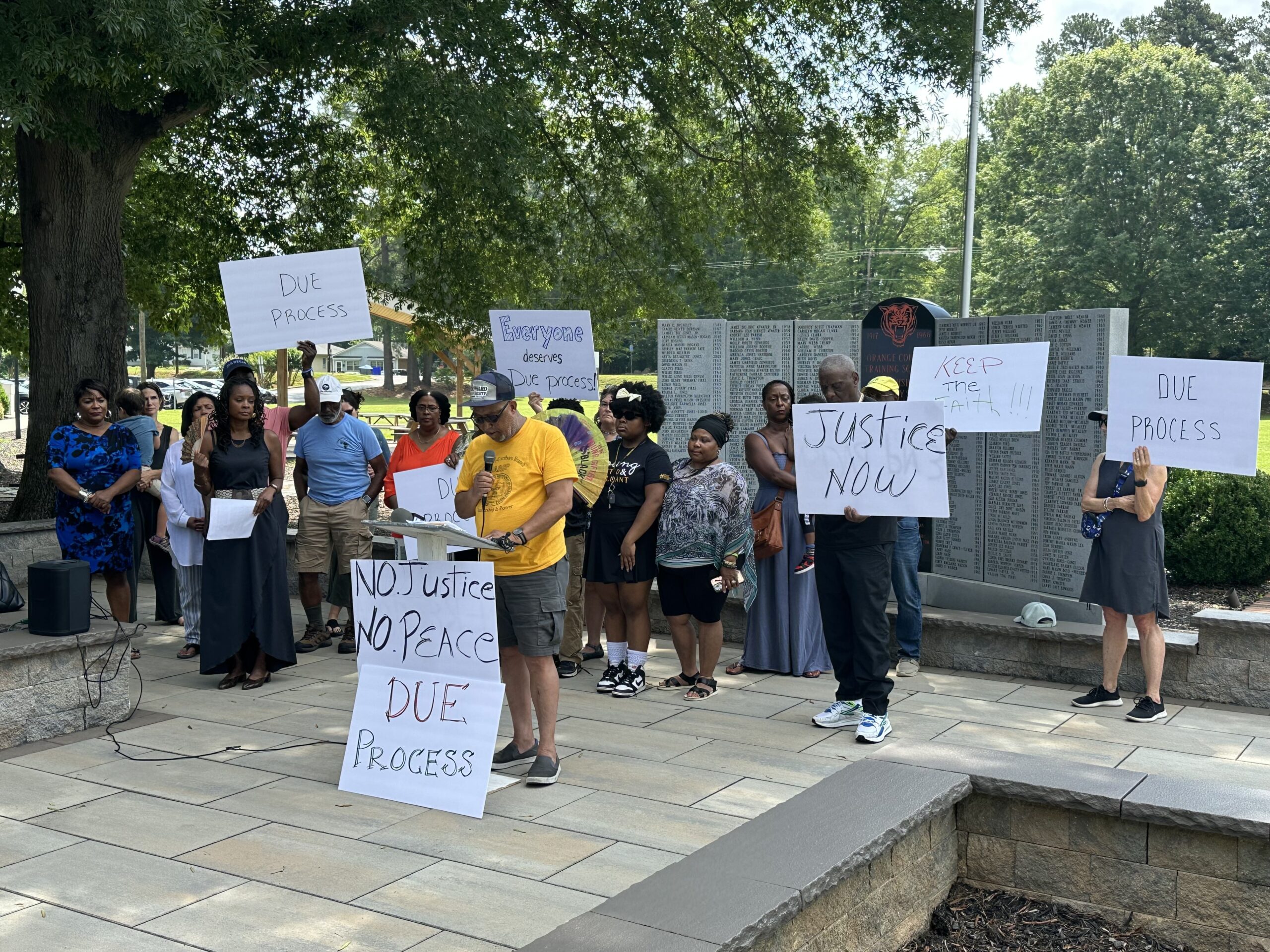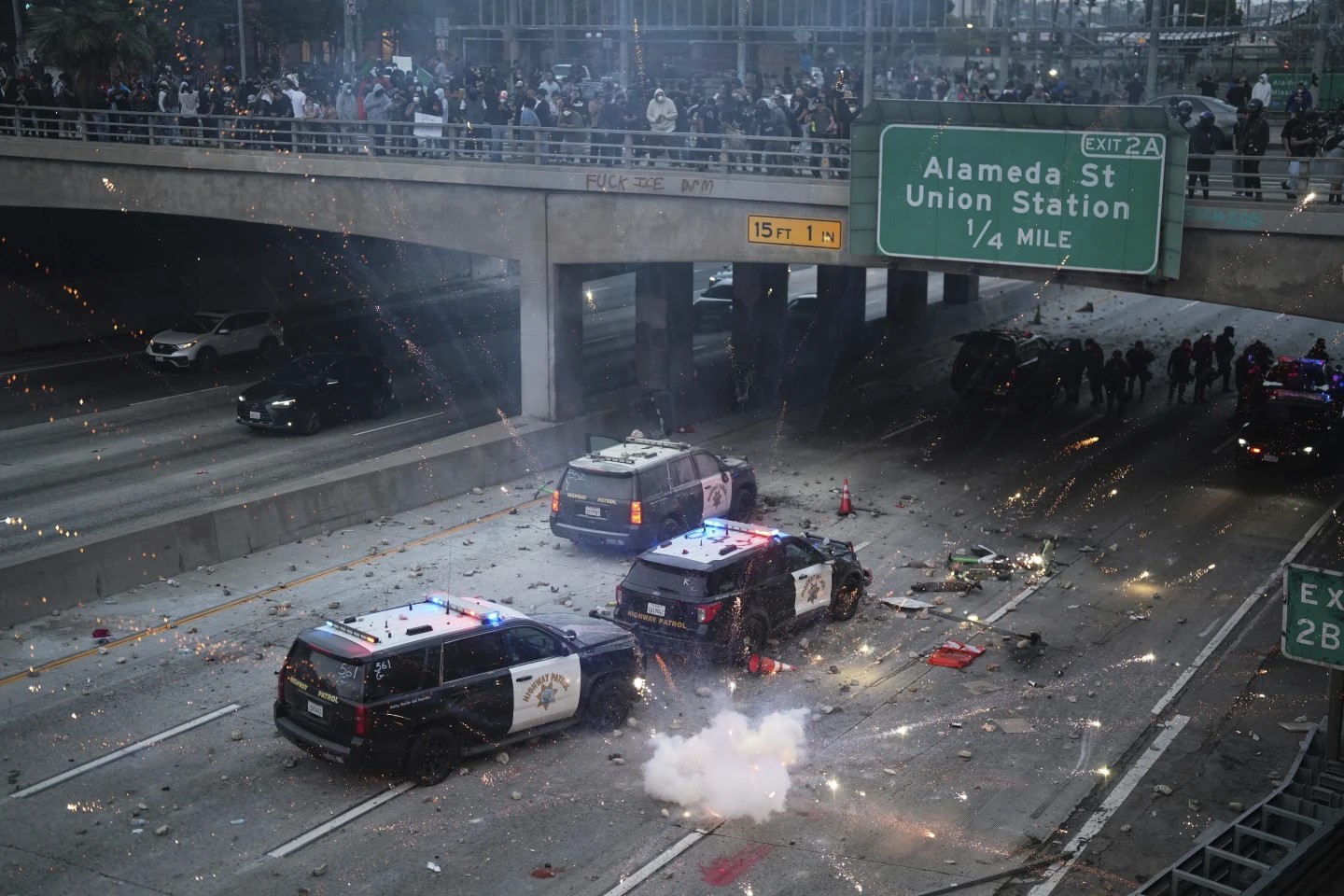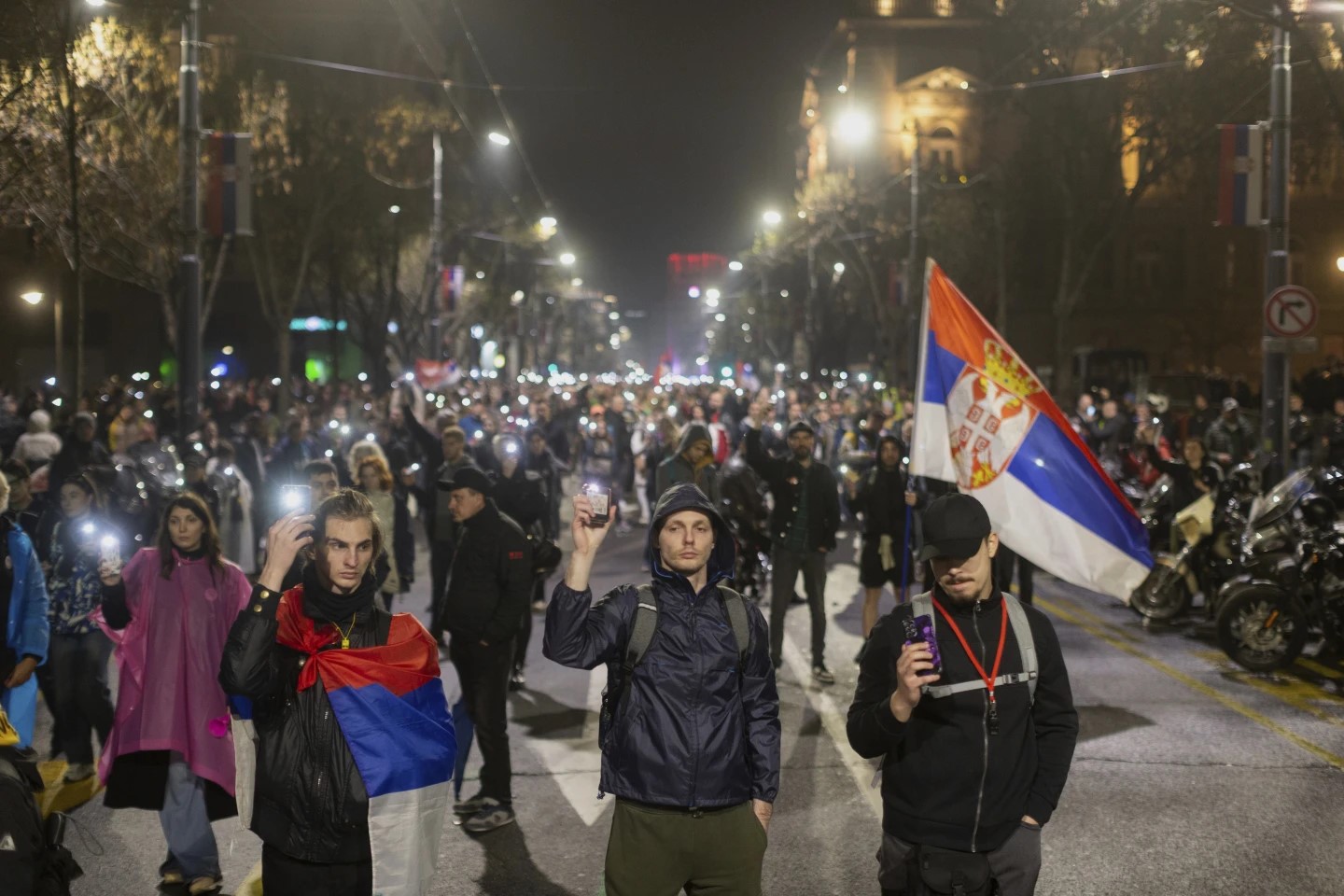While former Minneapolis Police officer Derek Chauvin was convicted in the murder of George Floyd last week, the call for police reform and racial justice is far from over.
This past weekend marked the second week in a row that demonstrators gathered in Raleigh to denounce law enforcement and seek to abolish the police.
The most recent gathering was in response to the deaths of 16-year-old Ma’Khia Bryant out of Columbus, Ohio and 42-year-old Andrew Brown Jr. out of Elizabeth City, North Carolina. Both were victims of police shooting.
The shooting of Andrew Brown Jr. came just a day after former Minneapolis police officer Derek Chauvin was found guilty of murder and manslaughter in the death of George Floyd — a case that inflamed nationwide protests against police brutality and racial injustice.
“I hoped that I would feel relief and some semblance of joy for justice, but I wasn’t able to feel that and unfortunately I’m still not there,” said Dawna Jones, president of the Chapel Hill-Carrboro NAACP.
Jones said while the verdict on Chauvin’s case was a form of accountability, it did not equate to justice.
“It is very hard to even rejoice in the moment knowing that we still have more kids who are lying in the street as a result of police violence,” Jones said. “We know that we are losing more parents and more family members senselessly.”
Earlier this month, hundreds gathered in downtown Raleigh and Durham over the police shooting deaths of 20-year-old Daunte Wright of Minnesota and 13-year-old Adam Toledo of Chicago.
Jones said it’s not just on people of color to solve these issues of systemic racism and injustice in law enforcement. She said backing legislation that holds law enforcement accountable will be the first step in creating lasting change – legislation like the George Floyd Justice in Policing Act.
Approved by the Democratic-led House in March, the proposed bill includes measures to increase accountability for law enforcement misconduct, to enhance transparency and data collection, and to eliminate discriminatory policing practices.
The bill also aims to end certain use of force techniques – including chokeholds – improve police training and invest in community programs designed to promote equitable new policies.
The NAACP branch said legislators “must be held accountable to pass legislation to police the police.”
“I also recognize that legislation is not going to fix everything,” Jones said. “It’s not going to change hearts and minds. It’s not going to educate folks to understand the impact that white supremacy has had and continues to have on our systems and our processes and how we move through the world.”
The Chapel Hill-Carrboro NAACP is working with other local branches to figure out what more can be done to fight injustice. Jones said we can’t lose steam on these issues. The conversation needs to continue.
“We don’t want to be the next community that is mourning a family member and we also don’t want that to happen for anyone else,” Jones said.
Chapelboro.com does not charge subscription fees. You can support local journalism and our mission to serve the community. Contribute today – every single dollar matters.

